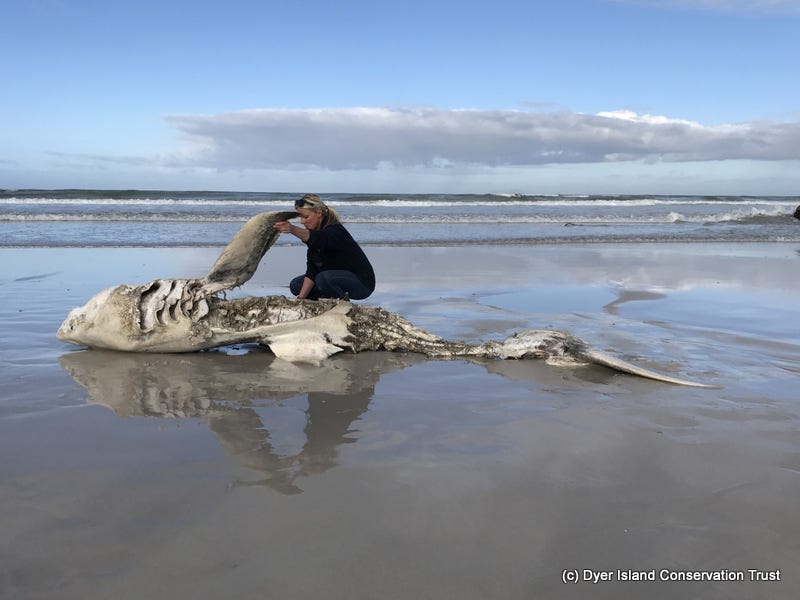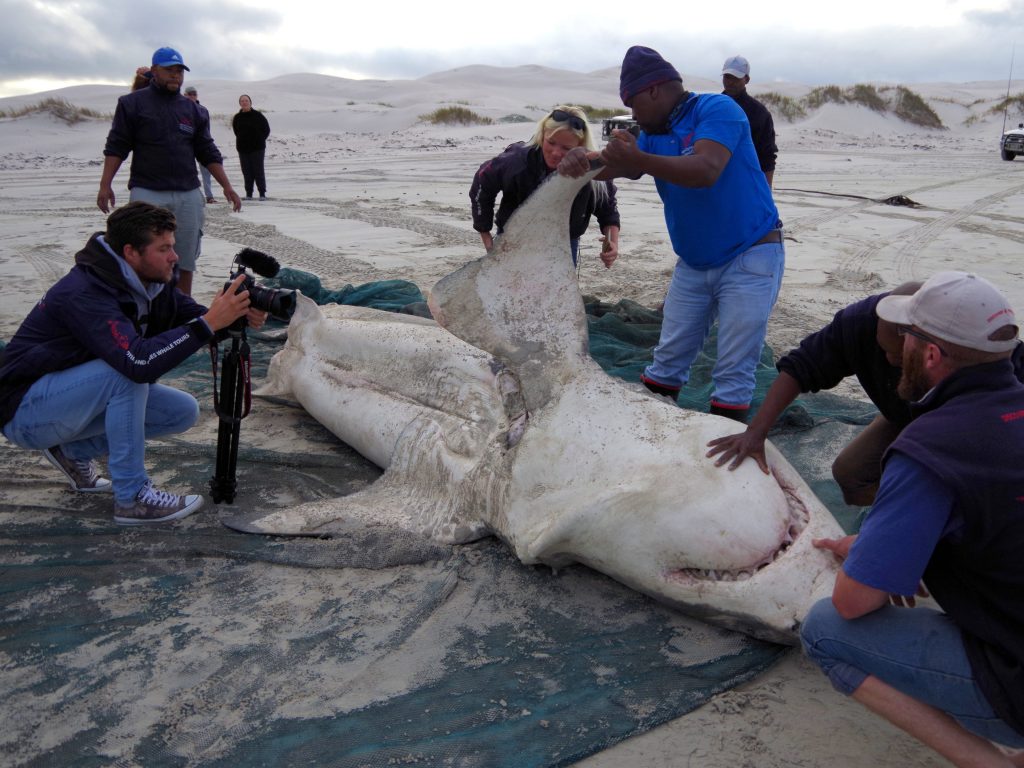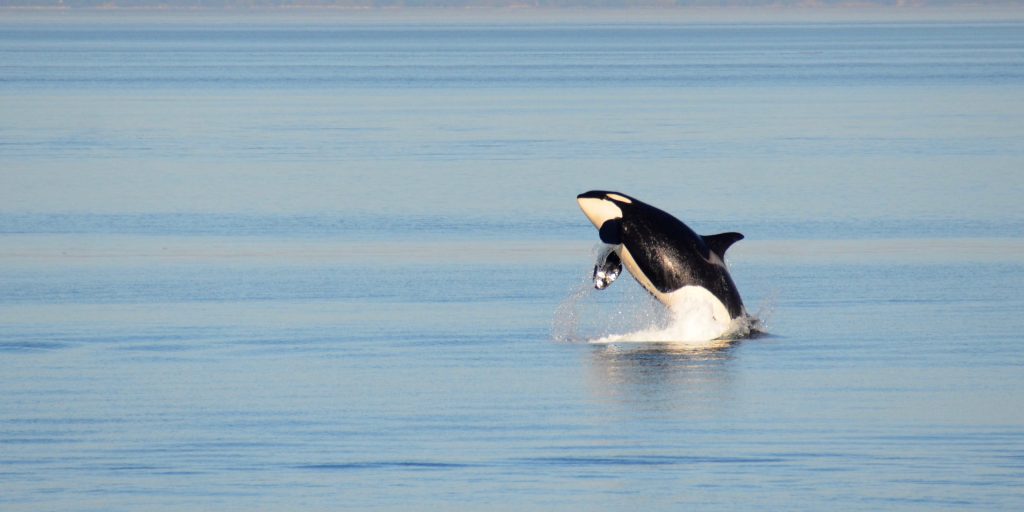- A striking video showed orcas killing a great white shark by ripping out its liver.
- But such attacks are quite common, logical, and had been seen several times before, per an expert.
- Orcas target fatty organs because they get the most nutrients for the least effort, he said.
A scientist analyzing rare footage of killer whales attacking a great white shark off the coast of South Africa explained to Insider that the brutal tactic is driven by efficiency.
The video showed a whale ramming into a great white shark from the side, while blood pooled around its middle from the wound.
After it died, the whales were left with an entire shark carcass, but were only interested in eating the liver, according to a linked academic paper which looked at evidence from sharks carcasses washed up ashore.

Michael Weiss, research director at the Center for Whale Research, talked to Insider about the hunting behavior seen in the footage, which has been seen elsewhere too.
There the orcas were also killing them by ripping out their livers.
Orcas tend to go for the part of their prey that gives them the best "bang for their buck," in terms of calories for the effort required, Weiss said. That often means fatty internal organs like the liver.
But when they attack grey whale calves, for instance, they prioritize eating the tongue and lips, he said.
The whales need to be able to eat their kills quickly, before the body sinks to the ocean floor and is overwhelmed by scavengers.
After the most attractive parts of their prey are gone, the whales move on to kill something else.

Two orcas, nicknamed Port and Starboard by scientists, were likely responsible for most of the attacks in South Africa, said Weiss.
Though only a few carcasses of sharks have been washed up to shore, Port and Starboard's aggression was enough to drive the white sharks away from the orca hunting grounds.
Without their main predators, other sharks called bronze whaler shark were then able to move in.
"Two individuals of a top predator are sufficient to basically completely restructure an ocean ecosystem. I think that's really cool," said Weiss.
